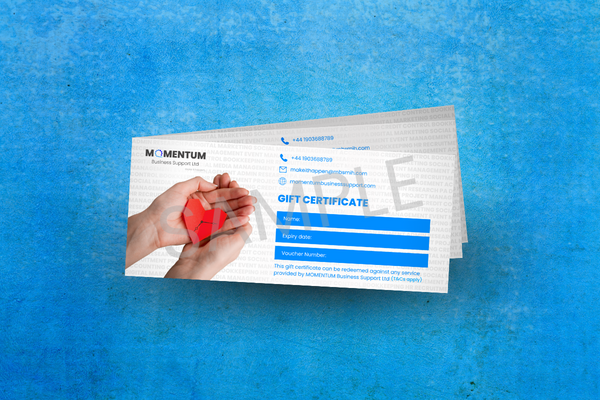The Small Business Owner’s Guide to Maximum Efficiency

Small business owners wear many hats and juggle numerous tasks all day, every day. With so much to do, it’s easy to feel overwhelmed and struggle with productivity. However, implementing a few simple strategies can boost your efficiency and help you get the most out of every workday. In this blog post, we’ll explore practical tips and tricks that can help you achieve maximum efficiency and get ahead of the curve in the competitive world of small business. Whether you run a retail store, a consultancy or any other type of small business, these strategies will work for you.
Get Organised: The first step towards increased efficiency is to declutter your workspace. A tidy working environment reduces stress and distracts you from looming piles of paper. Set up a filing system for important documents, store items in their designated places, and allow ample storage space. In addition, organise your digital workspace and consider utilising project management software. This way, you’ll have a clear overview of your tasks and deadlines, and you can easily delegate work to team members if you have them.
Prioritise Tasks: One of the biggest challenges small business owners face is knowing where to focus their energy. Identify the most critical tasks that need your immediate attention and deal with them first. Create a daily to-do list and break each task into smaller, more manageable steps. Not only will this increase your productivity, but also help you maintain focus throughout the day.
Employ Time-Management Techniques: Good time management is about making the most of your working day. For example, you could use the Pomodoro method -a technique where you work for 25 minutes and take a five-minute break between sessions, then repeat- to combat procrastination and distractions. You can also make use of tools like RescueTime and Trello to track your productivity, identify your most productive times, and eliminate time-wasting activities.
Automate Processes: Automation is a fantastic way to streamline your workload and save time. Use software to handle administrative tasks like sending invoices, scheduling appointments, and responding to emails. This automation gives you more time to focus on growing your business, networking, and other high-level tasks that require your attention. You can also automate marketing and sales processes by using chatbots, social media scheduling tools, and email automation tools, among others.
Use Outsourcing Services: Outsourcing frees up your time and resources so that you can work on your core competencies, reduce costs, and increase efficiency. Outsource administrative tasks such as bookkeeping, social media marketing, and content creation to reliable and experienced agencies to further streamline your business operations. This way, you can focus on the essential aspects of your business, and the day-to-day tasks are handled efficiently by experienced professionals.
Running a small business is often a delicate balancing act, more so if you’re a first-time entrepreneur. With so many tasks vying for your attention, it’s easy to feel overwhelmed and stressed. However, by implementing the above strategies, you can increase your efficiency, reduce stress, and grow your business more. Just remember to keep the end goal in sight, stay organised, and make the most of each day. With focus, consistency, and perseverance, you can achieve, and even exceed, all your business goals.
T: 01903 688789 E: makeithappen@mbsmih.com




